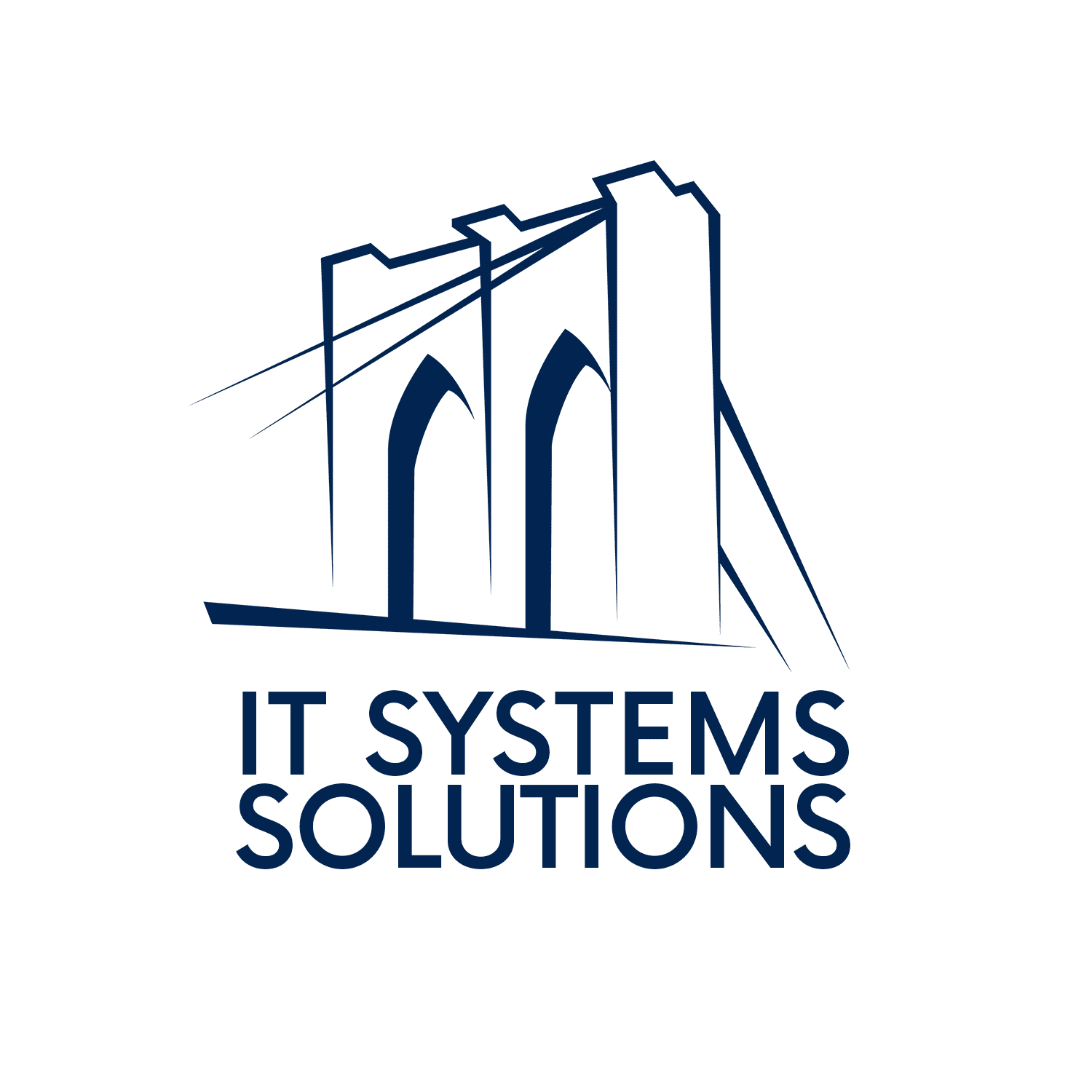Understanding the basics of firewalls is crucial for safeguarding your network against unauthorized access and malicious activities. Firewalls serve as the first line of defense in protecting your data and systems from potential threats.
- What is a Firewall?
At its core, a firewall is a network security device that acts as a barrier between your trusted internal network and the untrusted external network, typically the internet. It monitors and controls the incoming and outgoing traffic based on predetermined security rules. By analyzing data packets and applying these rules, firewalls determine whether to allow or block traffic, thus preventing unauthorized access and potential security breaches.
- Types of Firewalls
There are several types of firewalls, each with its own unique approach to network security:
Packet Filtering Firewalls: These examine the header information of data packets, such as source and destination IP addresses, and port numbers. They make decisions based on this information, allowing or blocking packets accordingly.
Proxy Firewalls: Proxy firewalls act as intermediaries between clients and servers. They receive requests from clients, establish connections on their behalf, and filter traffic based on application content. This adds an extra layer of security by hiding the internal network’s IP addresses from external sources.
Next-Generation Firewalls (NGFW): NGFWs combine traditional firewall functionalities with advanced security features, such as intrusion detection and prevention, antivirus, and application awareness. They provide enhanced protection against modern threats and offer granular control over network traffic.
- Why Use Firewalls?
The primary purpose of firewalls is to enhance network security by controlling the flow of traffic and preventing unauthorized access. By implementing firewalls, you can:
Protect Against Cyber Attacks: Firewalls act as a barrier against cyber threats, such as malware, ransomware, and unauthorized access attempts, reducing the risk of data breaches and system compromise.
Safeguard Sensitive Information: Firewalls help protect sensitive data, such as customer information and intellectual property, from falling into the wrong hands. They regulate the flow of traffic, ensuring that only authorized users can access confidential resources.
- Where Are Firewalls Used?
Firewalls are deployed in various environments to secure networks and systems:
Home Networks: Individuals use firewalls to protect their personal computers and devices from external threats, such as hackers and malware.
Business Networks: Organizations deploy firewalls to safeguard corporate data, prevent unauthorized access to internal resources, and comply with regulatory requirements.
Data Centers: Firewalls are essential components of data center security, protecting servers and applications from cyber attacks and ensuring the integrity of sensitive data.
- Configuring and Maintaining a Firewall
Proper configuration and regular maintenance are essential for ensuring the effectiveness of a firewall. Key practices include:
Setting Up Security Rules: Define clear and concise security rules that dictate how traffic should be handled by the firewall. Regularly review and update these rules to adapt to evolving threats and network requirements.
Updating Firmware and Definitions: Keep the firewall’s firmware and security definitions up to date to ensure protection against the latest threats and vulnerabilities.
Monitoring and Analysis: Monitor firewall logs and analyze network traffic for suspicious activity. Implement alerts and notifications to promptly identify and respond to potential security incidents.
Periodic Reviews and Testing: Conduct periodic reviews of the firewall’s configuration and rules to verify their effectiveness and compliance with security policies. Test the firewall’s capabilities through simulated attacks and penetration testing to identify weaknesses and areas for improvement.
Firewalls play a crucial role in protecting networks and systems from cyber threats. By understanding the basics of firewalls and implementing best practices for configuration and maintenance, you can enhance your network security posture and minimize the risk of security breaches. Stay vigilant, stay secure. Need help but not sure where to start? IT Systems Solutions can help.
